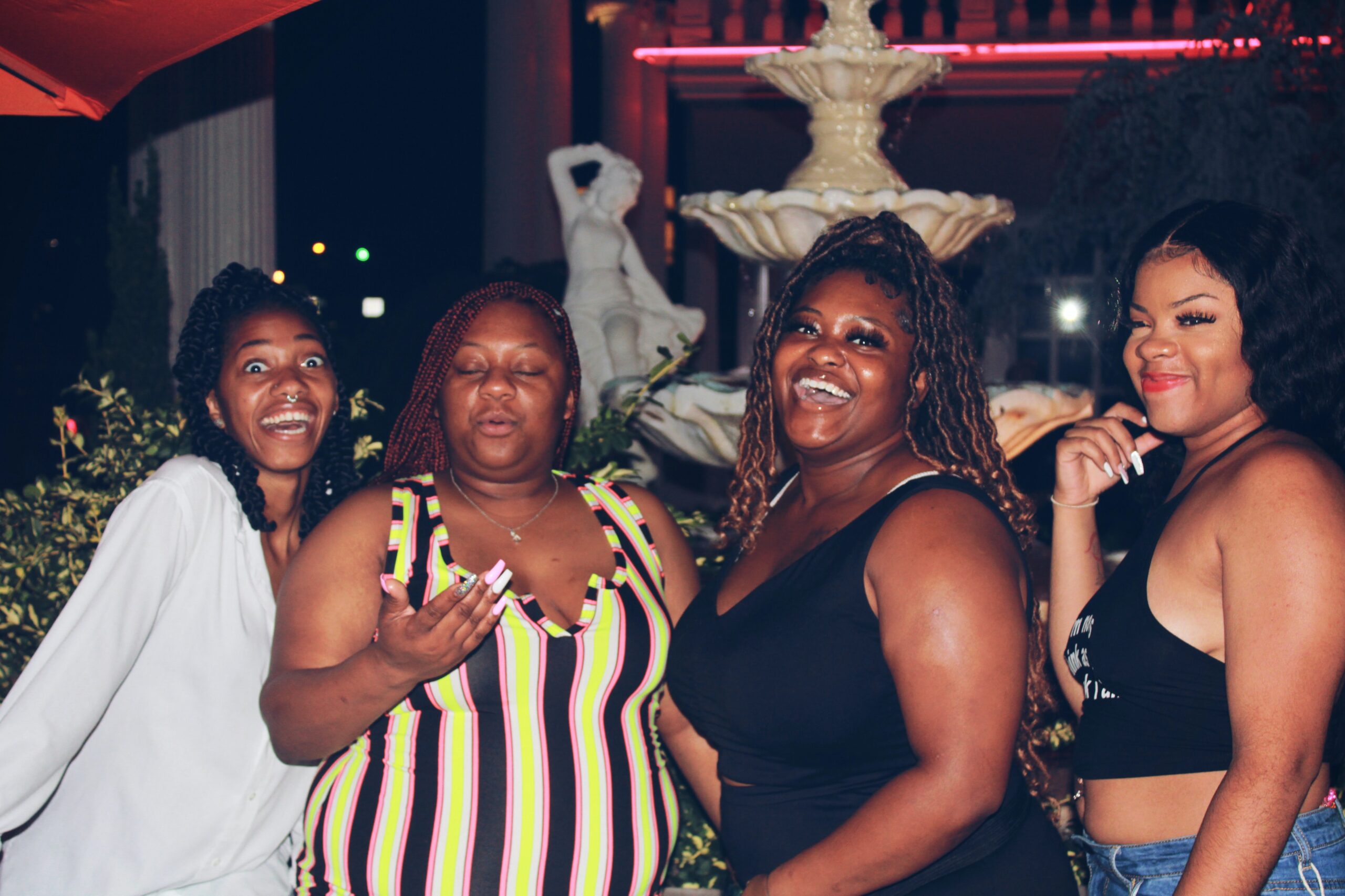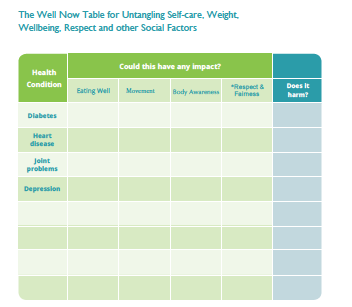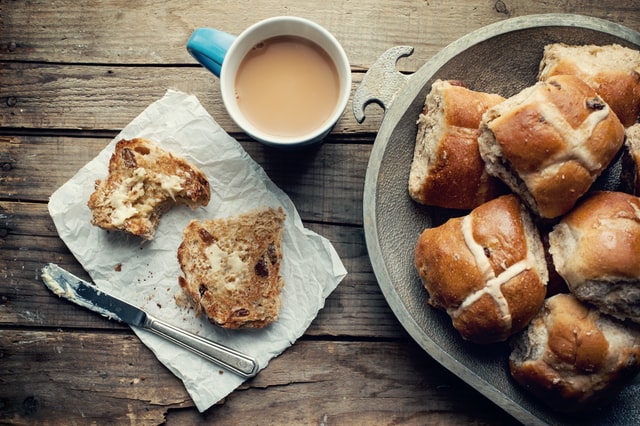Slow Knowing Deep Learning
for Health-Justice
Critical Thinking and Critical Appraisal
Live zoom session https://us02web.zoom.us/j/86419703983
3.30pm – 5pm UK time Meeting ID: 864 1970 3983 Passcode: 113544
Activity One
A brief recap on what we’ve covered in the course so far ~
Here’s a list of the topics I said we’d use as a guide. I changed some titles (and show both below), hence the topic Undoing Coloniality, for example, was approached as healing relationships. They amount to the same thing ~ if it would be helpful to have some links made more explicit we can do this. Those of you who were on the zoom call will notice that you cleverly anticipated ‘counselling’ as our next session!
- Learning and Teaching
- What is Science?
- Neoliberalism
- Healthism
- Hallmarks of White Supremacy
- break
- Framing Public Health Services – inter-connections
- Undoing Coloniality – healing relationships (systemic)
- Possible Futures – this is where we are – and I am swapping this topic to a later date, probably week 14
- Healing Relationships (therapeutic space)
- Just Nutrition
- break (the next break would be lesson 11 (week 12 as we had a break)
- Not everyone can be healthy
- Real Life Diabetes (a case study)
- Topic from group
- Building Knowledge
How do you feel after reading this? Specifically, how does your head feel? Can you describe any sensations?
Activity Two

Framing Public Health (and a nod to Possible Futures)
This article “Fantasy paradigms of health inequalities: Utopian thinking?” explores forces that work and for against change in the (UK) public health system.
How do you feel about your role working for public health (in its widest sense)? Can you describe any feelings in your shoulders and jaw? For example, relaxed, loose, clenched, numb, engaged, connected, tight, tense, warm …
Activity Three
Untangling Table
How can we help people move to a more relational way of thinking and being in the world? Here’s a really simple activity I use to help people untangle ideas about ‘lifestyle’, wellbeing, weight and respect, shortened to the Well Now Untangling Table.
If someone is considering not dieting, mentioning an activity can be reassuring. There’s a good chance that ‘not dieting’ feels like an absence, resignation, abandonment – that’s how binary thinking works to repress what we can imagine is possible. Showing a teach-sheet lets people know others have trodden this path. It promises structure to people who are fearful they will feel lost without some sort of plan. The things you’re talking about in it are familiar to healthcare, also reassuring — not too weird! This can help people feel a sense of internal safety which is important therapeutically.
I usually introduce it with a story. An imaginary person has been told to lose a considerable amount of weight for ‘their health’. What sort of diagnoses might they have? is an early question. Let’s go with high blood pressure. We meet up for an appointment. As it happens, the following weekend they change jobs and go from shift-work to a regular 9–5 pattern. As a result they start cooking more, which they love, and are eating a wider range and amount of vegetables. They are more active as they can now cycle to work and they walk with friends on a Sunday. They’ve started a mindfulness class. One reason for leaving the old job is that they were bullied. In the new job they are respected and valued. We meet again in two months time: they have made all these changes, oh! and their weight is unchanged.
Then have a conversation around whether there could be any improvement in blood pressure due to the changes named in the columns, given that weight is unchanged. 
It’s a way of helping people surface and interrogate their beleifs about how food/movement etc impacts personal wellbeing. It also opens up the conversation to the impact of social factors, including bullying and respect (including fat bias), on personal and public health. And the heading of ‘body awareness’ and ‘deep connection’ can be used to introduce related themes. The last question on harm reinforces the fact that dieting isn’t benign.
On one level it helps people know there can be a goal to work towards that isn’t about weight — great.
Going from dieting to not dieting, judgement to compassion, and so on can have a strong impact. It is hugely liberating when people dissolve shame for example. It can also unsettle oppressive social norms, for example, by challenging fat bias. While this is powerful and necessary it is nevertheless still a change in surface level knowledge. In other words, at an epistemological level. Stopping at swapping the end goal from weight outcomes to wellness outcomes reorganises ideas within existing framings of reality.
Another option is to change the existing framings of reality.
This brings us back round to ontology. 
How do you feel about yourself? (make this ‘as a professional, as a learner, as a member of this group’ or any other identity/category that feels helpful here)
Can you name any sensations in your hands?
Activity Four
Dignity
This Scottish project reframes community food/public health interventions around dignity.
From website: ” Dignity in Practice works alongside community food groups and organisations to explore the detail of what promoting and enhancing dignity looks like in community food provision.
The peer support programme encourages practice change that recognises the important role of community initiatives as sources of support to people experiencing food insecurity, as well as inclusive spaces for people to access, share and enjoy food, regardless of their circumstances.
This project is delivered in partnership with the Poverty Truth Community.”
How do you feel in your heart?
Activity Five
A Classic Talk on Science and Pseudoscience
Imre Lakatos was a Hungarian philosopher of mathematics and science.
“Science and Pseudoscience is Lakatos’s most succinct public summary of his philosophy of science. In this talk he outlines his distinctive view of the importance of ‘the demarcation problem’ in the philosophy and history of science, namely the normative methodological problem of distinguishing between science and pseudo-science, and of why its solution is not merely an issue of ‘armchair philosophy’, but also one of vital social and political significance, and even of life and death itself.”
His talk became a classic. This links to audio (20 minute talk) and transcript.
This video covers the same ideas.
How do you feel about being a critical thinker/actor/scholar?
Can you name any sensations or feelings in/from your stomach area?
Activity Six
Doing Research Differently
This article explores the “Ethics of research at the intersection of COVID-19 and black lives matter: a call to action“.


Activity Seven
Resources and Pointers
- A list of body sensations (you’ll find heaps variations more by searching).
- How do you feel about any impending changes in your local lock down restrictions?
- Embodied Critical Thinking website.

- Searching for ’embodied critical thinking’ will generate lots of hits, mainly from the social sciences. Many of these are free to access via research sites.
- Journal of Critical Dietetics A reflexive piece exploring dietitian’s education by Jenna Brady and Jacqui Gingras. A powerful piece that names student/tutor dynamics and starts with Jenna sharing a dream.
- NHD – an article I wrote contrasting critical thinking and critical appraisal.
- A short read (by me) with a health-justice take on the phrase ‘widen the lens’. I don’t frame it as differences between critical appraisal/critical thinking, epistemological/ontological shifts, though I think it illustrates the differences. My argument is that we miss the opportunity and need for deep change if we settle for adjustments that retain the current terms of reference. In this way a critical approach actually works against liberation if it blocks us from taking the radical approach. (PS If you like something on Medium you can clap for it – up to 50 times! Claps convert to cash. Clap for this and maybe I’ll surpass my record Medium earnings of $4.7/month so far!).
